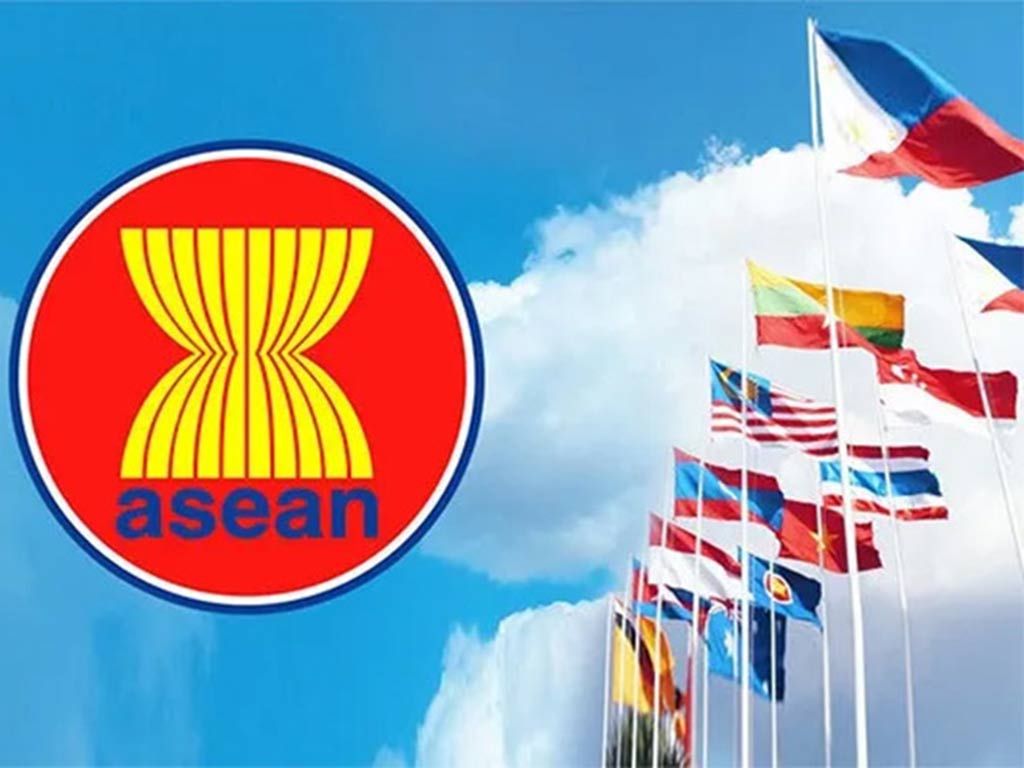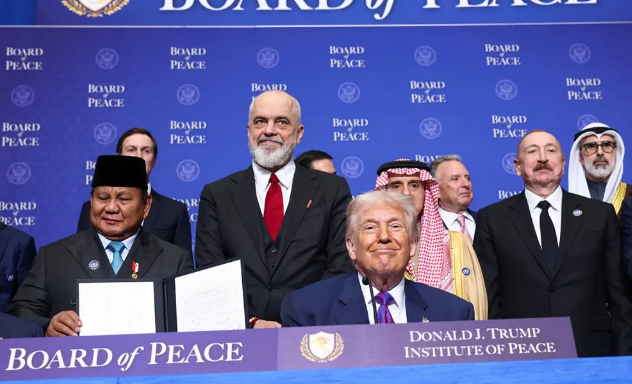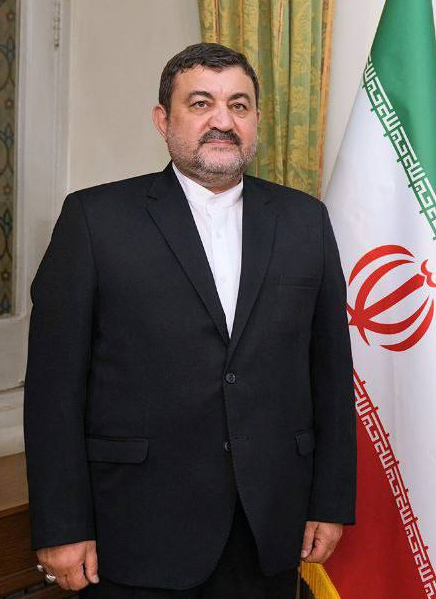
Indonesia is using the 47th ASEAN Summit in Kuala Lumpur to rally support for deeper ASEAN economic cooperation, arguing that unity is the region’s best defense against the widening global trade war and the return of U.S. tariffs on Chinese goods.
President Prabowo’s delegation, led by Coordinating Minister for the Economy Airlangga Hartarto, urged fellow leaders to strengthen regional trade links and digital integration. The goal, Jakarta says, is to make ASEAN less dependent on global powers and more capable of managing its own growth.
Indonesia’s push for ASEAN economic cooperation
Jakarta has called on its neighbors to accelerate projects under the ASEAN Economic Community and finalize the Digital Economy Framework Agreement (DEFA) by 2025. Indonesian officials say coordinated logistics, digital trade, and cross-border payments can help ASEAN cushion the impact of external economic shocks.
“ASEAN must reduce reliance on extra-regional markets and focus on intra-ASEAN trade,” Airlangga said during the economic ministers’ meeting. He pointed to Indonesia’s downstream industrialization (hilirisasi) as an example of how local value chains can strengthen resilience. The country’s nickel and EV battery sectors, once dependent on Chinese demand, are now attracting investment from partners seeking alternatives to Beijing’s dominance.
Tariffs, trade war, and shifting supply chains
Washington’s latest tariff wave under President Trump’s second term targets what the U.S. calls China’s unfair trade practices: massive industrial subsidies, below-cost product dumping, and currency manipulation that distort competition and flood global markets. These practices have long undercut ASEAN exporters, forcing regional producers to compete with artificially cheap Chinese goods.
As tariffs hit Chinese exports, manufacturing is migrating toward Southeast Asia. Indonesia, Vietnam, and Malaysia are emerging as preferred destinations under “China + 1” investment strategies. Yet economists warn that without better transport links and aligned trade rules, ASEAN could remain a set of fragmented markets instead of a unified production base capable of competing with larger economies.
Indonesia’s opportunity and warning
Indonesia is positioning itself as a safe hub for new investors, backed by its domestic market and improving infrastructure. Bank Indonesia’s regional payment cooperation with Malaysia, Thailand, and Singapore is already easing transactions in local currencies.
Officials in Jakarta, however, warn against overdependence on Chinese capital, which has poured into industrial parks, mines, and power projects across the region. While investment brings jobs, it can deepen strategic reliance and expose local economies to Beijing’s political and financial leverage. The Ministry of Trade has stressed that diversification is key to safeguarding economic independence.
As Trade Minister Zulkifli Hasan said earlier this year, Indonesia seeks “balanced relations with all major economies while prioritizing national interests.” That statement, made in a March 2025 press briefing on trade diversification, reflects the government’s cautious approach toward maintaining openness without compromising sovereignty.




